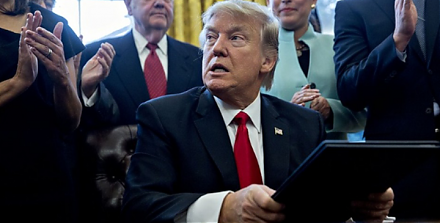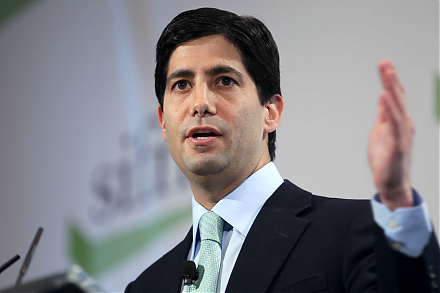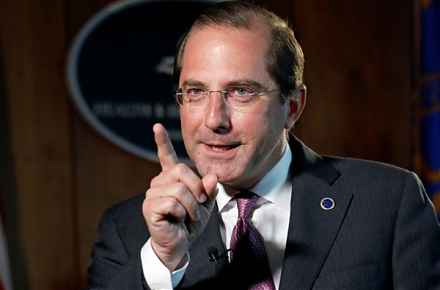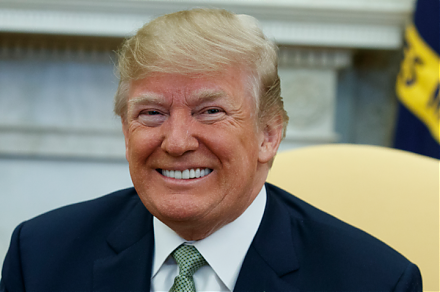

2017-11-23 10:42:00 Thu ET
stock market competition macrofinance stock return s&p 500 financial crisis financial deregulation bank oligarchy systemic risk asset market stabilization asset price fluctuations regulation capital financial stability dodd-frank
As the TV host of Mad Money, Jim Cramer provides 5 key reasons against the purchase and use of cryptocurrencies such as Bitcoin. First, no one knows the anonymous inventor of Bitcoin. Second, no one knows how much the creator has reserved for himself or herself. There are several other cryptocurrencies such as Ethereum, Ripple, Litecoin, Dash, and NEM as well. Third, there is no transparency in the virtual system for Bitcoin. Fourth, there no explicit or implicit government guarantee or lender of last resort to back up the virtual system for cryptocurrencies such as Bitcoin and Litecoin. Despite the virtual protection of Blockchain for secure Bitcoin transactions, it is possible for aggressive hackers to game this software technology. This latter rationale suggests substantial risk that each Bitcoin investor inevitably needs to address.
Although many investors are now abuzz about Blockchain and Bitcoin etc, it is important for each rational investor to acknowledge the hard and solid fact that U.S. stocks continue to offer the highest average excess return than non-equity securities such as bonds, futures, commodities, currencies, and so on over the long run. For this reason, it is safer to earn an annual 6%-8% average excess return on U.S. stocks with a canonical buy-and-hold passive portfolio strategy. More aggressive active asset management may help boost this average excess return to double digits at the margin.
If any of our AYA Analytica financial health memos (FHM), blog posts, ebooks, newsletters, and notifications etc, or any other form of online content curation, involves potential copyright concerns, please feel free to contact us at service@ayafintech.network so that we can remove relevant content in response to any such request within a reasonable time frame.
2019-03-05 10:40:00 Tuesday ET

We may need to reconsider the new rules of personal finance. First, renting a home can be a smart money move, whereas, buying a home cannot always be a good
2019-01-06 08:39:00 Sunday ET

President Trump signs an executive order to freeze federal employee pay in early-2019. Federal employees face furlough or work without pay due to the govern
2025-06-20 08:27:00 Friday ET

President Trump poses new threats to Fed Chair monetary policy independence again. We describe, discuss, and delve into the mainstream reasons, conc
2026-04-30 08:28:00 Thursday ET

In the current global market for better biotech advances, medical innovations, and healthcare services, the new integration of artificial intelligence (AI)
2019-06-07 04:02:05 Friday ET

The world seeks to reduce medicine prices and other health care costs to better regulate big pharma. Nowadays the Trump administration requires pharmaceutic
2018-08-07 07:33:00 Tuesday ET

President Trump sounds smart when he comes up with a fresh plan to retire $15 trillion national debt. This plan entails taxing American consumers and produc